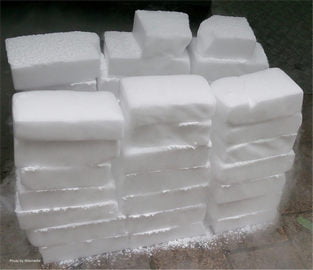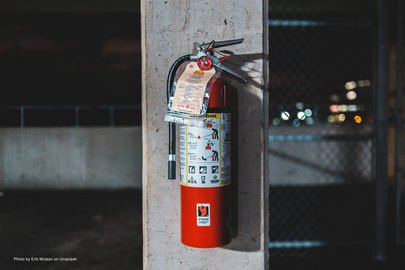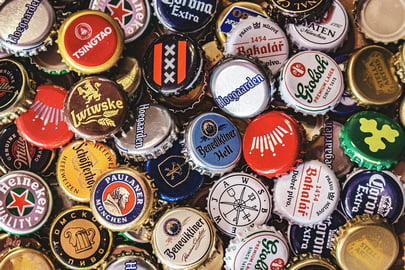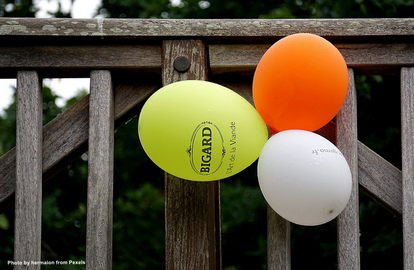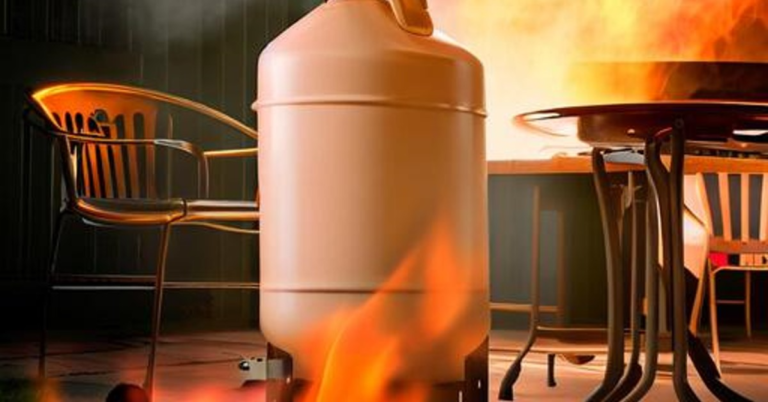A QUICK GLANCE…
The duration for which 100 gallons of propane will last depends significantly on the type and rate of usage. For instance, if you use it for a home heating system that typically consumes around 1-2 gallons of propane per day, 100 gallons could last for 50-100 days. However, if you’re using it for a propane-fueled generator under full load, which can use up to 3-4 gallons per hour, your supply might be depleted in less than two days. Similarly, a propane grill might use around half a gallon to one gallon per hour, implying that 100 gallons could last for 100-200 hours of grilling. Therefore, it’s crucial to understand the specific consumption rate of the appliance or system you’re fueling with propane to accurately estimate the duration.

As homeowners who rely on propane for heating and cooking, we often wonder how long a tank of propane will last. Specifically, how long will 100 gallons of propane last?
The answer to this question is not straightforward, as there are many factors that can affect propane usage. Factors such as the size of your home, the number of people living in it, and your daily routines can all influence how much propane you use. Additionally, seasonal variations in temperature and weather can greatly impact propane usage.
In this article, we will explore these factors and provide tips for estimating your propane usage, conserving propane, and maximizing the life of your propane tank.
Factors that Affect Propane Usage
You’ll notice that factors like weather, usage habits, and appliance efficiency all play a role in how quickly your propane supply diminishes.
For example, during the winter months, your propane usage will likely increase due to the need for heating. On the other hand, during the summer months, your propane usage may decrease as you use less propane for heating and more for cooking or grilling.
Additionally, your usage habits can affect how quickly your propane supply runs out. If you use propane for everything from heating to cooking, you will likely run out faster than if you only use it for cooking.
Another factor that can affect propane usage is appliance efficiency. Older appliances may not be as efficient as newer ones, which means they use more propane to accomplish the same task. Upgrading to newer, more efficient appliances can help reduce propane usage and prolong your supply.
It’s also important to consider emergency propane usage and propane transportation. If you live in an area prone to power outages or severe weather, you may need to rely on your propane supply for emergency heating or cooking.
Additionally, if you live in a rural area, you may need to factor in the cost and availability of propane transportation when estimating how long your supply will last.
Overall, understanding the various factors that affect propane usage can help you make informed decisions about your supply and ensure you have enough propane to meet your needs.
Seasonal Variations in Propane Usage
As the seasons change, your propane usage can fluctuate, affecting how much you need to refill your tank. During the winter months, propane consumption tends to go up as the weather gets colder. This is because propane is commonly used as a heating source for homes and buildings. As the temperature drops, people will naturally consume more propane to keep their homes warm and comfortable.
However, during the summer months, propane usage tends to decrease. This is because people are less likely to use propane for heating during the warmer months. Instead, they may use propane for outdoor grilling, which can still result in some propane usage. Additionally, some people may use propane to power their RVs or boats during the summer, but this is not as common as propane usage for heating during the winter.
It’s important to keep in mind these seasonal variations in propane usage when calculating how long 100 gallons of propane will last. While it may last longer during the summer months, it may not last as long during the winter months when propane consumption tends to increase.
By being aware of these seasonal fluctuations, you can better plan for when you need to refill your propane tank and ensure that you always have enough propane on hand to meet your needs.
Estimating Your Propane Usage
Estimating your propane usage is crucial to ensuring you have enough fuel to meet your needs throughout the year. There are several factors that influence propane consumption, including the size of your home, the number of people living in it, and your daily usage habits.
To calculate your consumption, you can use a propane usage calculator, which takes into account your home’s square footage, heating system efficiency, and the number of propane appliances you have. Propane usage calculators can give you a rough estimate of how much fuel you’ll need throughout the year. However, it’s important to keep in mind that your usage can vary depending on the season.
During the winter months, you’ll likely use more propane to heat your home and water, while in the summer, your usage may decrease. Additionally, if you use propane for cooking or grilling, your consumption may increase during the summer months.
To get a more accurate estimate of your propane usage, it’s best to track your consumption over several months. This way, you can identify patterns and adjust your usage accordingly. For example, if you notice that you’re using more propane during the winter months, you can take steps to improve the efficiency of your heating system or adjust the thermostat to reduce your usage.
By monitoring and adjusting your propane usage, you can ensure that you have enough fuel to meet your needs throughout the year.
Tips for Conserving Propane
To conserve fuel and save money, try implementing these tips to make the most out of your propane usage.
First, when using propane for outdoor cooking, make sure to minimize the amount of time the grill is on. Preheat the grill before adding food, and only turn it on when necessary. Additionally, try using a cast iron skillet or griddle to cook multiple items at once, reducing the need for multiple burners.
Secondly, consider your emergency preparedness plan when it comes to propane usage. Make sure to have a backup generator or alternate fuel source in case of power outages, and have a stockpile of propane tanks ready to go. However, be sure to store them properly in a cool, dry place and away from potential hazards.
Finally, be mindful of your daily propane usage and try to reduce it where possible. For example, take shorter showers or invest in low-flow showerheads to reduce the amount of hot water used. Turn off the pilot light when not in use, and make sure to seal any air leaks around windows and doors to prevent heat loss.
By making small changes in our daily habits, we can conserve propane and reduce our overall energy consumption.
Maximizing the Life of Your Propane Tank
Make your propane last longer and save money by maximizing the life of your tank! Propane safety should always be a top priority when it comes to storage. Make sure your propane tank is stored in a cool, dry, and well-ventilated area.
It should be kept away from any heat sources, flames, or ignition sources. Additionally, it’s crucial to inspect your propane tank regularly for any signs of damage or leaks. If you notice any issues, contact a professional for repairs or replacement.
Another way to maximize the life of your propane tank is by using it efficiently. This means avoiding unnecessary usage and ensuring that all appliances and equipment are functioning correctly.
You can also conserve propane by adjusting your thermostat to a lower temperature during the colder months and using a propane space heater instead. Additionally, consider grilling outdoors with propane instead of using your stove or oven, which can help save energy and propane.
To further extend the life of your propane tank, it’s essential to have it serviced regularly. This includes getting it inspected, cleaned, and re-certified every ten years.
Proper maintenance not only ensures your safety but also helps your propane tank function efficiently. By taking care of your propane tank and using it wisely, you can make it last longer and avoid unnecessary expenses.
Conclusion
Overall, understanding how long 100 gallons of propane will last depends on a variety of factors, including weather conditions, the size of your home, and your personal usage habits.
While it can be difficult to estimate exactly how long a tank will last, taking steps to conserve propane and properly maintain your tank can help extend its lifespan.
By monitoring your usage and practicing good propane management techniques, you can ensure that you always have enough propane on hand to meet your needs.
So, whether you’re using propane for heating, cooking, or other household needs, make sure to keep these tips in mind to get the most out of your propane tank.
